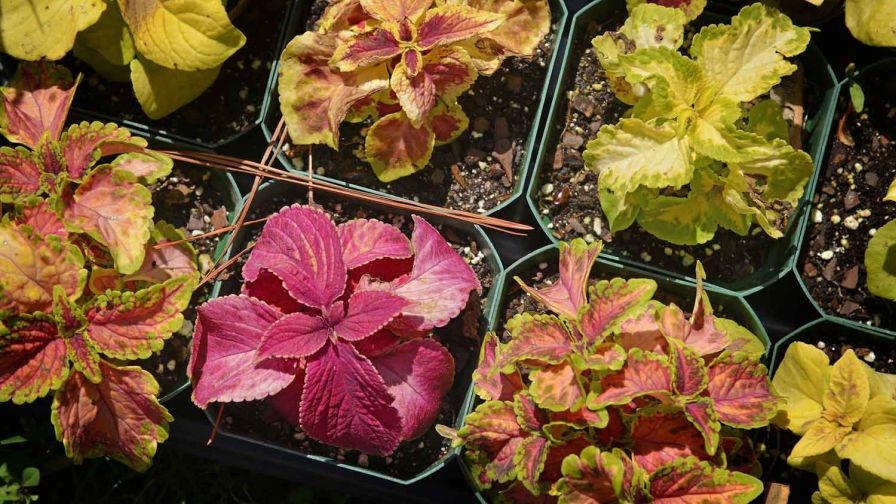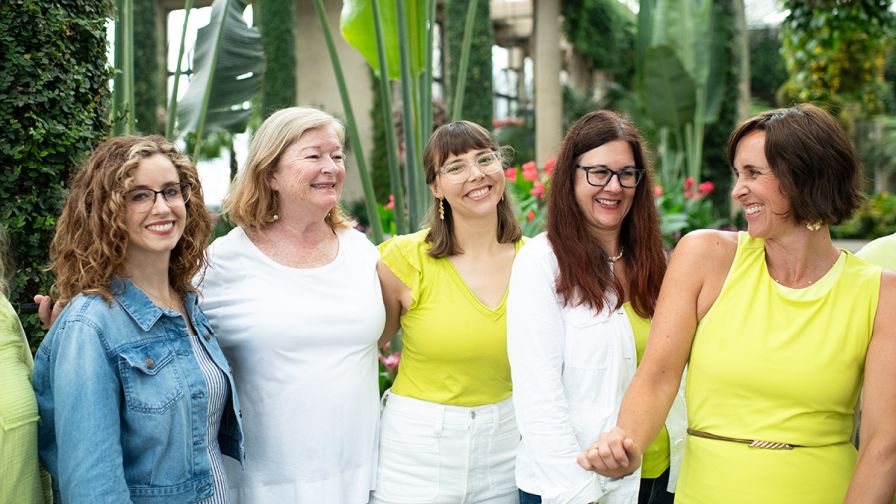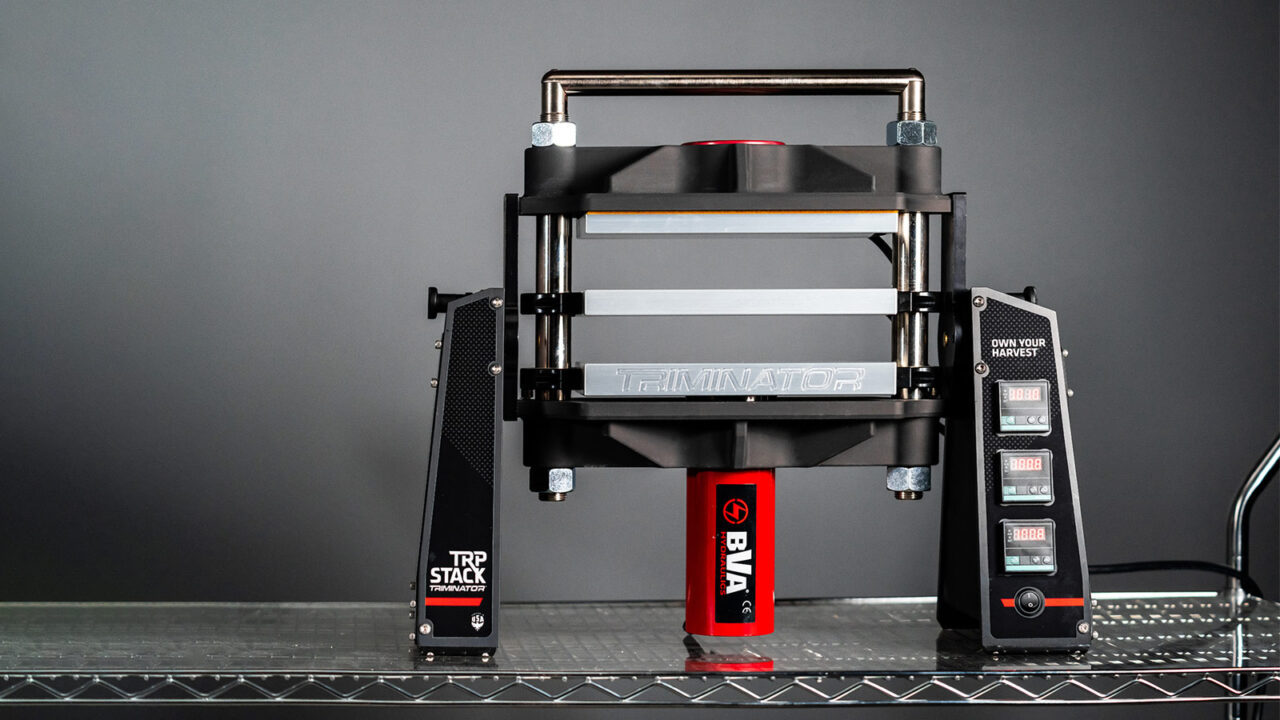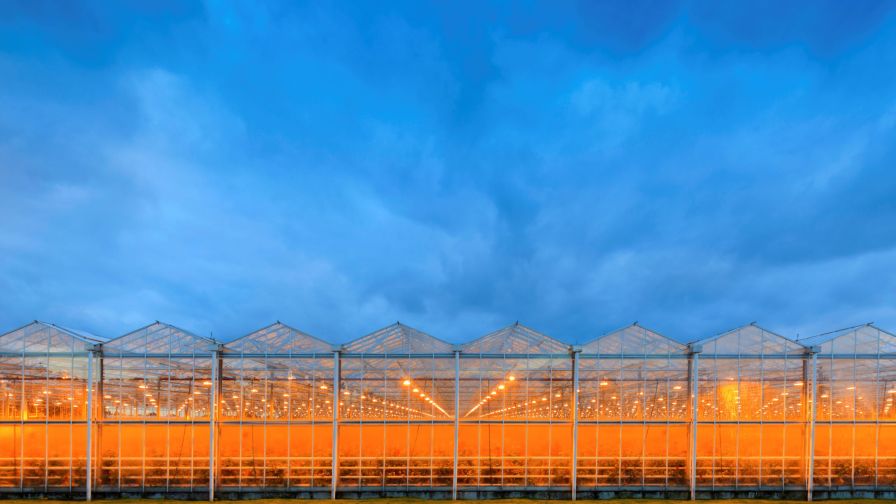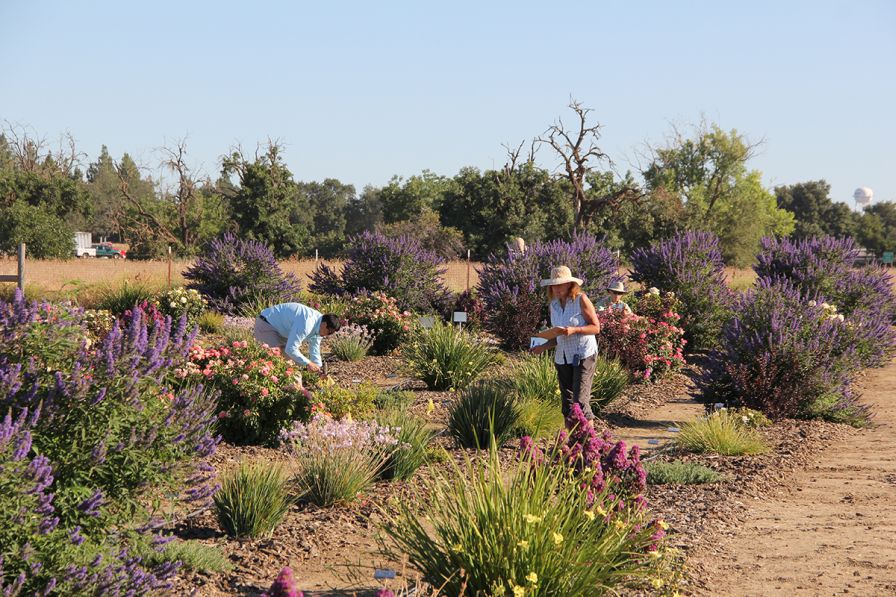Metrolina’s Flower Trials Go The Extra Mile
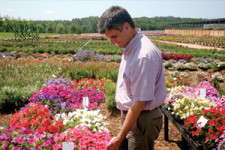
Metrolina Greenhouses’ trial gardens began as a few planted beds along the driveway to Tom and Vickie Van Wingerden’s house. The gardens have grown to 4 acres with more than 2,600 items in the ground and 200 combination planters. Varieties are planted in rows by genus. They are assigned a number and are not identified by breeder in the beds.
“We send out requests for plants to more than 50 breeders and brokers every October,” says Metrolina’s Research and Development Director Mark Yelanich (pictured above), who manages the trials. “The main items we request are new items the breeding company is introducing. This year alone, we have about 700 items that are new for the season. For comparison, we include every item we currently produce.”
Retailers appreciate the trials, too. “We are constantly searching for ways to separate ourselves from the competition and to offer customers an exciting experience with new, as well as established, varieties that perform for them,” says Kevin Measel, Lowe’s vice president of merchandising. “We do have several trial gardens in key locations where we test new varieties in the landscape, in containers and baskets. We want to be sure the plant not only looks great but performs.”
Trials can be a great tool for developing programs. One year Metrolina planted 200 coleus varieties to choose the seven for the Colors of Coleus collection. This approach is being used for other crops. Now, instead of growing 140 varieties of pansies, Metrolina chooses the best of each color from a dozen series on the market. Metrolina also conducts extensive trials for garden mums, poinsettias, pansies and violas.
A big part of Yelanich’s job also is production trials in the greenhouse, determining the effects of fertilizer regimes, day length, plant growth regulators and chemical controls.
“This year alone, we have evaluated 5,000 different items through our testing program,” Yelanich says. “The products we sell must do well in the greenhouse, hold up in stores and perform for consumers. A trial garden allows you to find out what does well in your area and climate.”



